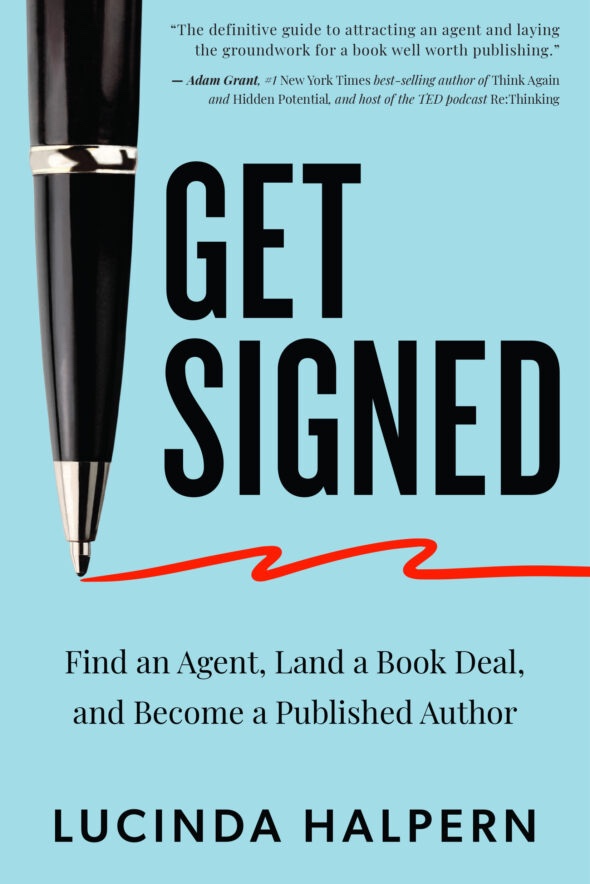Search
The March Edition: At What Point Should You Consider Self-Publishing?

Lucinda Halpern shared her latest publishing insights from this month. Read on to see her latest news, and if you’d like to receive her monthly newsletter directly in your inbox, sign up here.
# # #
If you are in the querying trenches, you may be wondering: “At what point should I consider self-publishing?” It’s a question I hear all the time. And while self-publishing once carried a certain stigma, today it’s a legitimate, powerful path to getting your book into the world – on your terms.
The truth?
There’s no one-size-fits-all approach. Some authors thrive in the traditional system, benefiting from expert teams, industry connections, and broad distribution. Others prefer the speed, control, and direct ownership that self-publishing offers. In 2024, self-published authors are building thriving careers, leveraging digital platforms, and even catching the attention of major publishers.
So how do you decide? Let’s break it down:
If you’re a first time author…
Publishers want to see a strong hook and a clear audience. If your book doesn’t fit an obvious commercial mold—or if you’re eager to start building a readership now—self-publishing might be the way to go. Just ask Christopher Paolini, whose book Eragon started as a self-published work before getting picked up by Random House.
If your book serves a niche audience…
Traditional publishers aim for mass appeal, but if your book is designed for a specific community—say, young adults entering college or graduates of your writing workshop—you may have more success publishing independently and marketing directly to your audience.
If your book is tied to your business…
A book can be a powerful tool for growing your brand. If you want full control over sales, rights, and distribution, self-publishing makes sense. But if your goal is to expand beyond your current audience, land media opportunities, or build credibility in your field, traditional publishing could be the way to go.
Here’s a shortcut: If your book changes the way people work, think, or live, you may be sitting on a big idea with broad appeal. In that case, speaking with an agent is worth your time.
Not sure which path is right for you? Our Get Signed course walks you through the decision-making process—with insights from me and a personal worksheet to help you weigh your options. You can grab it [here]
Whatever path you choose, remember: there’s no wrong way to publish—only the right way for you.
If you’re just starting out, explore our beginner resources on Get Signed








